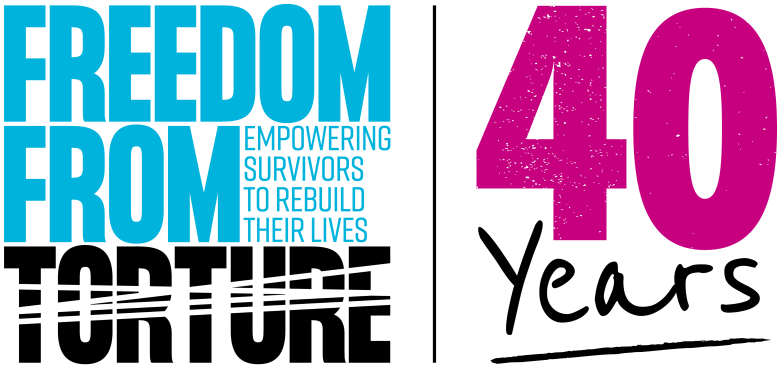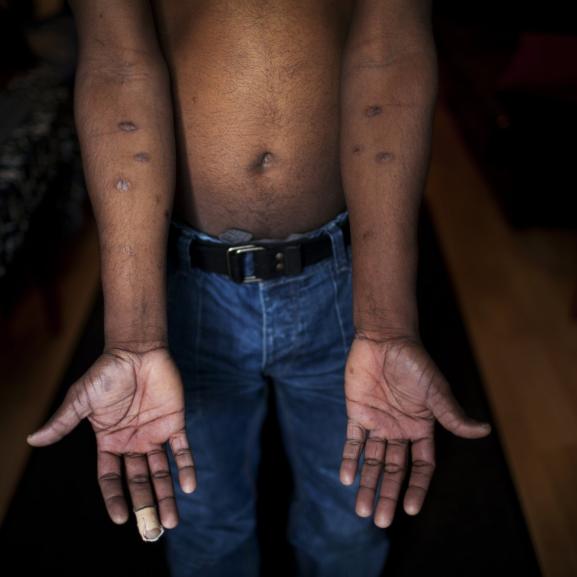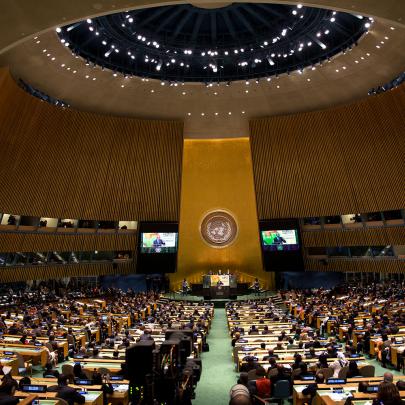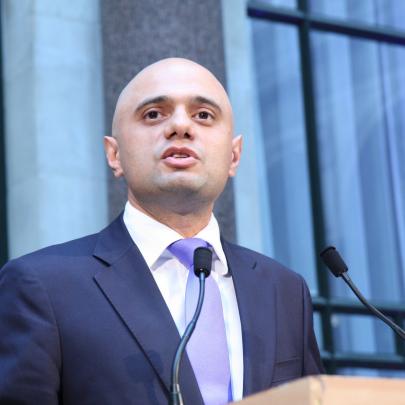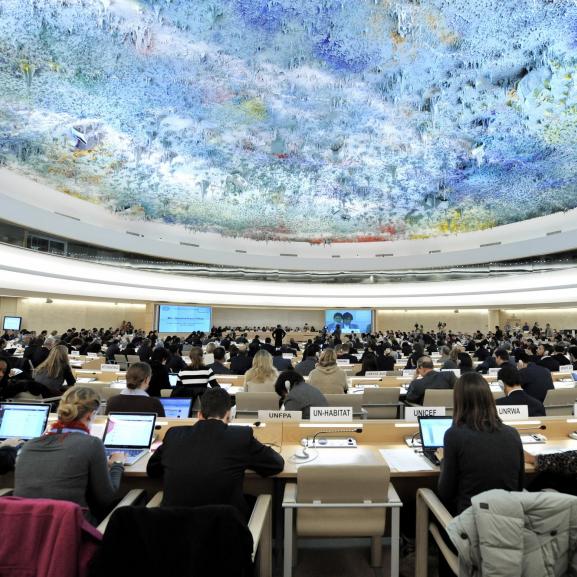My heart aches for young women imprisoned and suffering in Iran today
Nasrin Parvaz, member of Survivors Speak OUT, writes about how the regime is using torture and imprisonment to respond to protests in Iran.
In the 1980s I was imprisoned in Iran for eight years just for taking to the streets and fighting for my freedom and demanding liberty. The regime tried to silence me with torture and threats of sexual violence. My heart aches for the young women who are still being subjected to the same kind of torture that I was more than thirty years ago.
On 15th March 2023, Sepideh Qolyian, one of Iran’s most prominent female activists, was re-arrested only a few hours after being released. She had already spent five years in prison. Sepideh was imprisoned in Evin Prison, one of the primary site for housing Iran’s political prisoners since 1972, kept in solitary confinement in wing 209 and threatened with rape by the prison guards. Thirty-five years ago, I was held in the very same wing, and it was used as a torture chamber. Prisoners then, just like now, were threatened with rape, and were physically and mentally abused. Some of my fellow prisoners hanged themselves with their chadors because they just couldn’t go on anymore.
A chador covers the whole body except the face, and it was compulsory to wear when I was imprisoned. The regime’s excuse for the hijab law is that women should be covered. But we, Iranian women, know that we are just mere scapegoats being used to suppress an entire country. The regime has recently ramped up its use of systemic torture to frighten and silence activists since the death of 22-year-old Zhina Mahasa Amini at the hands of Iran’s abusive “morality police” in September 2022.
The authorities have responded to the largely peaceful protests, which began in response to Mahasa Amini’s death, ruthlessly, with brutal, and in many cases lethal, force. Hundreds have been killed in the streets, and hundreds more have been shot in the eyes, chest and genitals. I’ve listened and watched in horror as the stories of violence and torture continue to trickle out of my home country.
And the stories really are horrific. Stories of people being tortured, left to sit in solitary confinement for days on end, and denied medical treatment for their injuries. There have also been reports of children as young as twelve being sent to detention centres and being physically, psychologically and sexually abused.
Over the last few months, we’ve seen prisoners who were arrested during the protests being sentenced to death and executed. Prisoners have been tortured into confessing and, if physical torture didn’t work, interrogators would threaten their families. Many women have reported being raped whilst in prison.
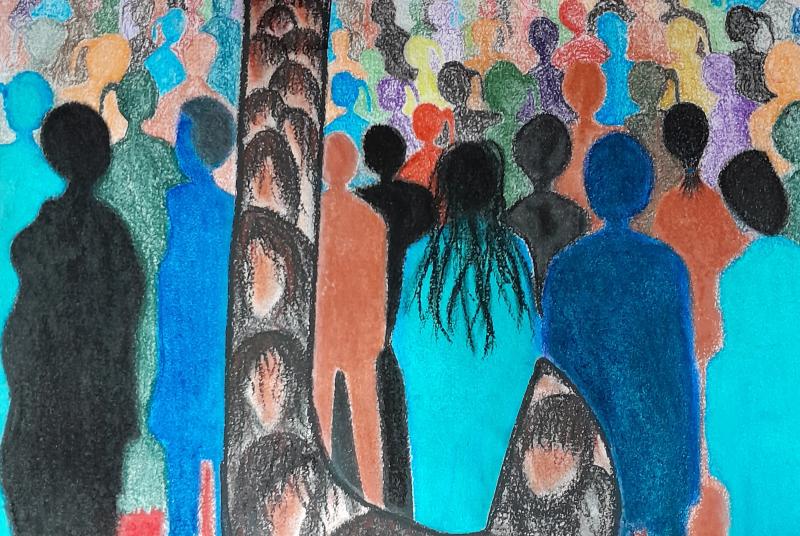
Forced confessions have long been used by this regime, but the reports of torture emerging since the killing of Mahsa Amini have been truly alarming. And there are many prisoners currently at serious risk of being executed. In most cases, there’s absolutely no evidence, just a torture-tainted confession. This month, the UN reported that 26 people have been sentenced to death in relation to the protests since November 2022.
I’ve watched as the West has slowly turned its gaze away from what’s happening in Iran. We need to continue to stand shoulder to shoulder with the women and people demanding the basic rights we take for granted and enjoy every single day.
We must try and save the lives of those sentenced to death by raising the political cost of their executions, and that those languishing in prisons are released. I’m calling on the international community and media to keep shining a spotlight on my country to demand that the regime stops using torture immediately.
I’m still hopeful that one day the regime – the people in power, the prison guards, the interrogators – will have to answer for the atrocities they’ve committed.
Nasrin Parvaz became a civil rights activist when the Islamic regime took power in 1979. She was arrested in 1982, tortured and imprisoned for eight years. Nasrin’s books include One Woman’s Struggle in Iran: A Prison Memoir, and The Secret Letters from X to A.
Article originally published in 2023 on Euronews.
